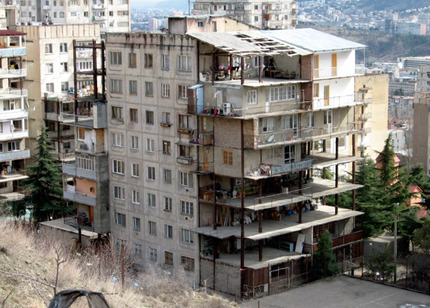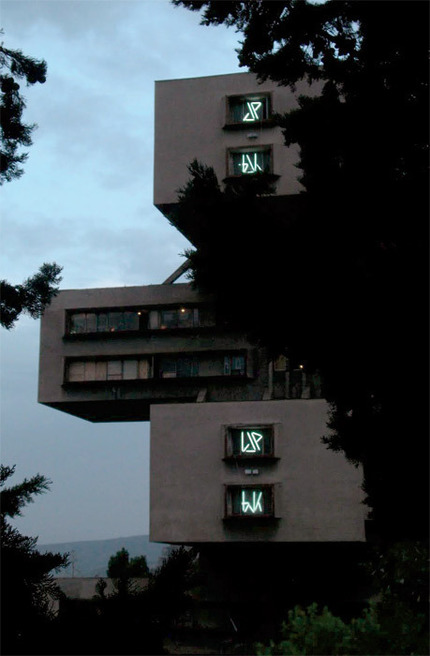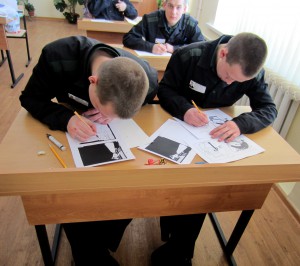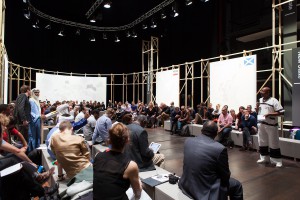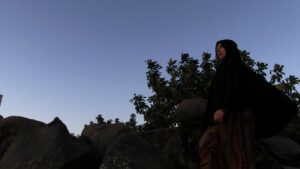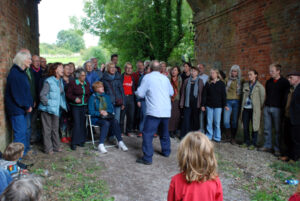Period
2007 - 2014
Proposed by
Ayreen Anastas and Rene Gabri
Location
Tbilisi
About the project
In the last decade, Tbilisi, the Capital of Georgia, has become a field for implementing radical free-market policies resulting in tremendous socio‐spatial transformations. Even though these transformations often destructively affect the powerless citizens and the city society, there has not been much resistance against often violent interventions. The inability of the affected people to counter such processes originates, to a great extent, from the Soviet time nihilism and irony towards anything related to responsible citizenship, self-organization and activism that was at the time a popular reaction to the official Soviet ideology. In the Post Soviet reality, such massive scepticism has even been reinforced due to the continuous shocks, failures, and disappointments driving society far from reflecting the real processes and possibilities behind everyday problems.
The interest of our collective is to contribute to the advancement of critical thinking in architecture, planning, as well as in general life and, more importantly, to find ways of reflecting critical theory in our practical work. In contrast to the established positions in architecture and planning as autonomous fields, we perceive these disciplines as a broader form of activity going beyond the conventional purpose of physical creation and having the potential to initiate alternative political, economic and social processes. For this reason, as our first “architectural” project, we have established a library. Through translations, discussions and various events, the library will communicate the ideas that we think can shift the current situation towards the positive side.
The present-day “socially engaged architecture” has largely adopted the role of humanitarian aid to disempowered communities. In contrast, we propose to adopt a more radical stance and use architecture as a tool for resistance and protest against particular socio‐spatial, economic and political realities.
Ultimately, the interventions will address concrete issues of socio‐spatial, economic and political significance by the time of their realization. Along with the primary objectives to draw public attention to the problems and trigger the process of searching the alternative solutions, one of the objectives is to demonstrate that activism and collective action is not a Soviet rudiment but a crucial feature of the democratic society and that nihilism and passive observation never brings a better future.
